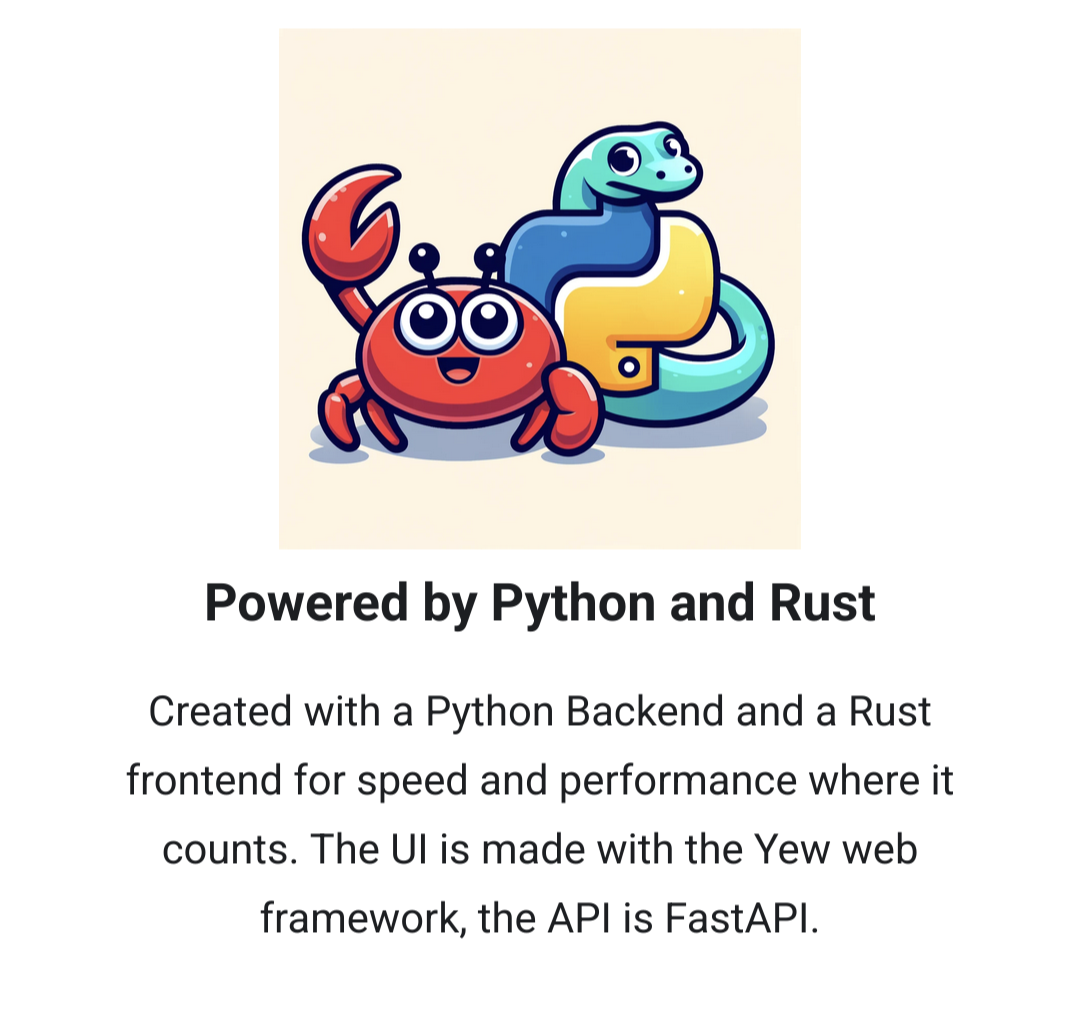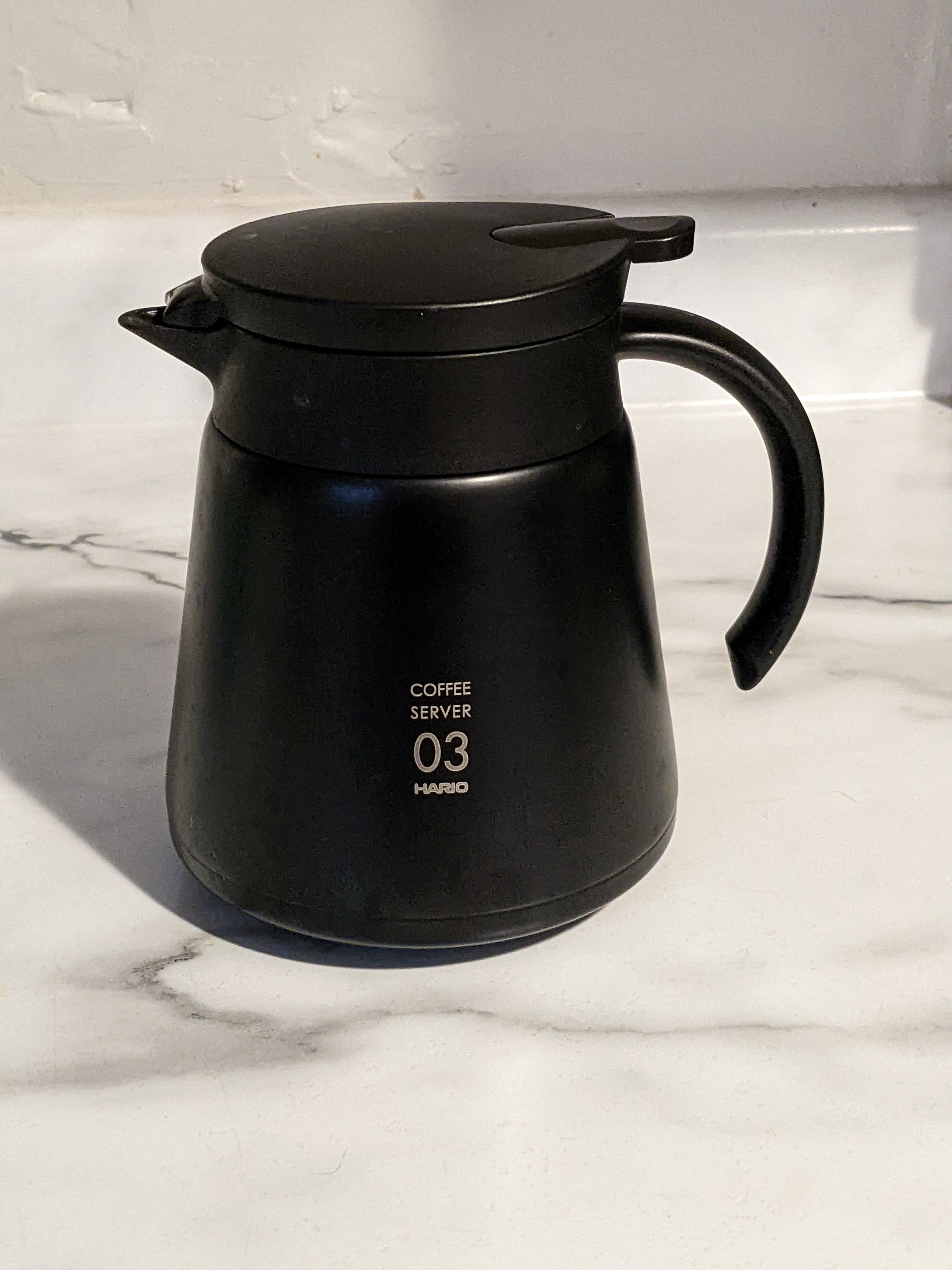Start ny NOT jumping into nixos. Start using home manager on whatever distro you currently use. Then slowly move whatever programs or dots you currently have over to it, uninstall the aur/apt packages as you define them in nix. At first you'll have a clear goal: emulate your user environment. Once you've got your user environment defined, the jump to nixos would be easy (if you even want to) because you can use your home-manager config as the starting point. And depending on how you use your computer, home-manager may end up being most of what you care about.
rutrum
Welcome to the NixOS club! Veloren fan here too!
I've got a subset of my files encrypted and backed up using borg. It gets backed up to another computer in my home and then cloud storage via borgbase.com.
Thanks for sharing your brewing method. I had never considered this, and based on the last post, a lot of people don't either. I'm glad you got it tasting the way you like!
Have you tried this?
If your typically coffee disolves in hot milk, then you might be used to instant coffee. What you've shown here is a bag of coffee beans and a bag of ground coffee beans. This requires a different method than with instant coffee.
The intent is to capture the parsing errors within a function, so the response could be capture in a single if let or match or is_okay condition.
If you use functions that return result (like your main, but with a different error) you could remove some of the if let blocks with let num = part2.to_string().parse::()?;. That might obfuscate some of the conditionals so the statements are one after another.
Cool project, let us know about the next iteration.
I use my exist credit card company, now. I still get my x% cash back. And the credit card company arent the people Im trying to hide from in this case. Thanks for letting me know.
And how do you like yew? Long ago I used seed.rs, which was more like ELM than react. But I think that project has since gone unmaintained. I also tried yew when I think they were in the middle of a huge API transition. Do you think its easier to write in yew than it would be in react/vue/svelte?
Cursed tech stack and image. Project looks cool. Can you elaborate more on why you used rust for front end and python for backend? I would assume rust would have been more applicable for back end work. Then again, Im not familiar with fastAPI.


I use borgbackup to create backups. I point backups to another home computer and borgbase.com. Borg itself is an amazing tool. I think you should learn how it works even if it doesnt end up being the best fit for you.